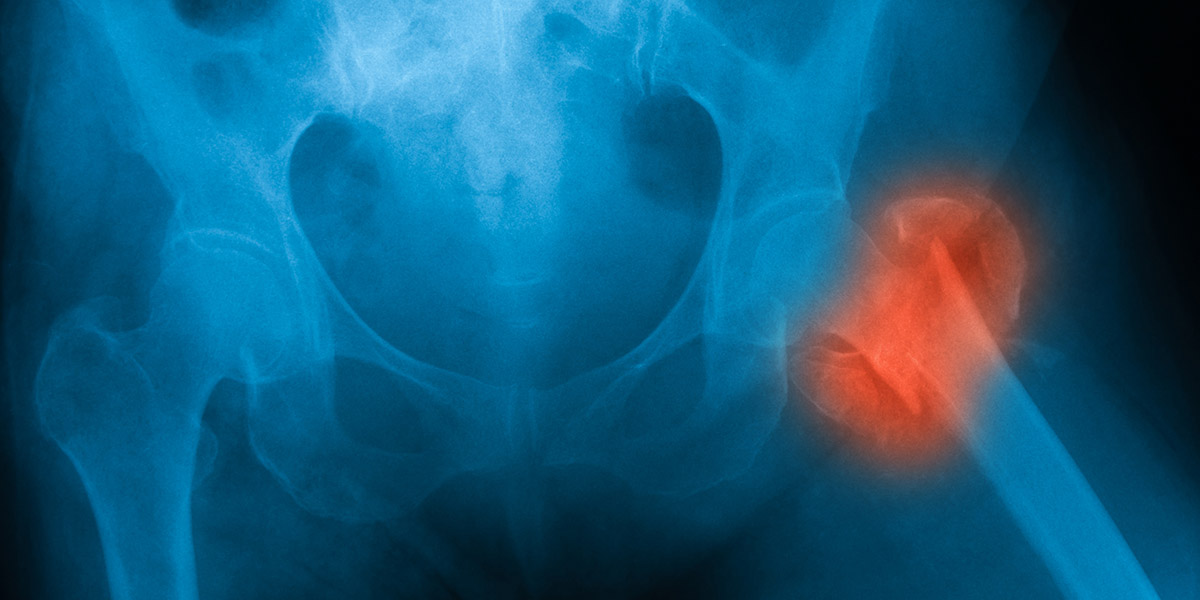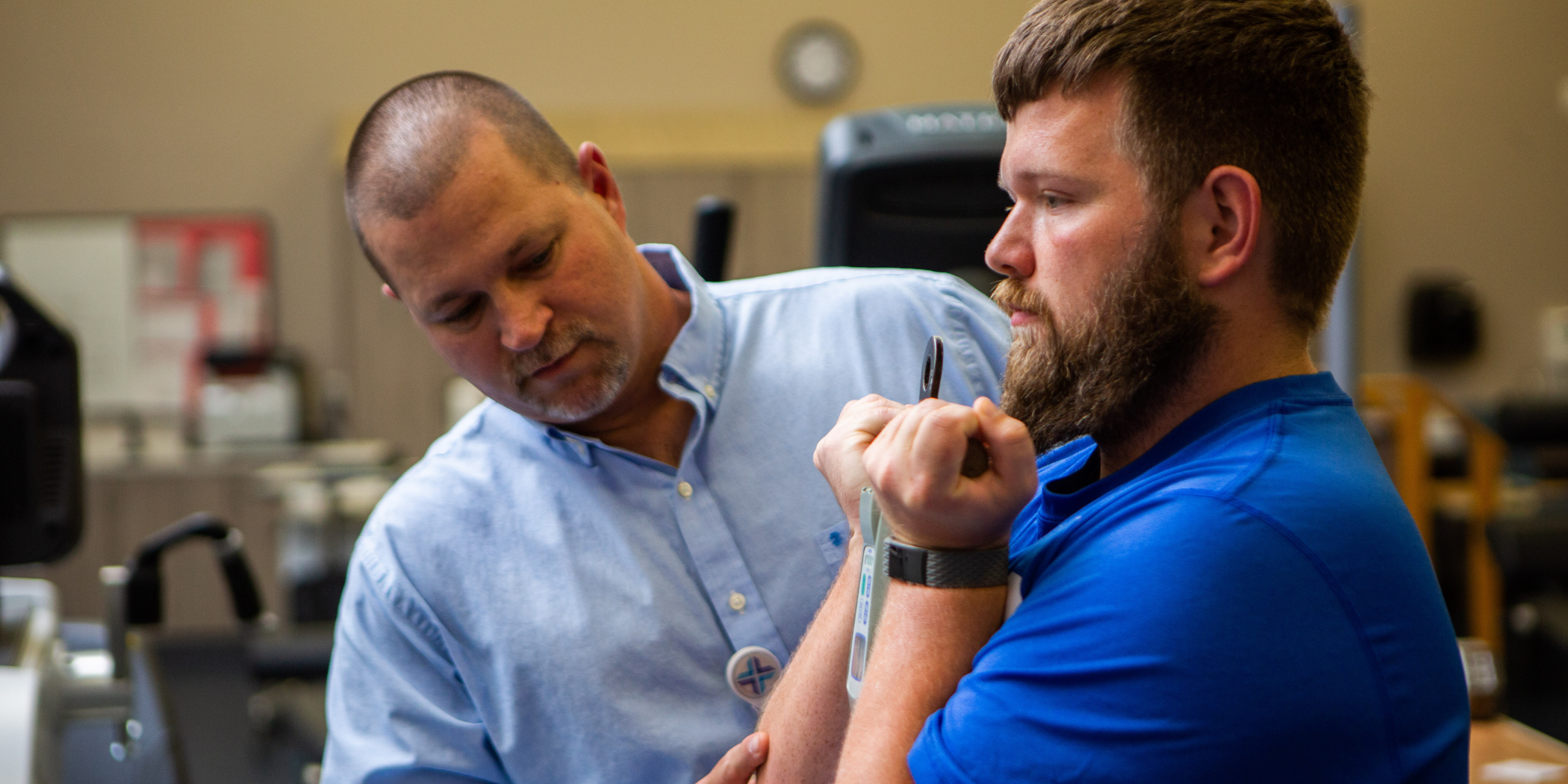
Hip fractures can trigger downward slide
Identifying osteoporosis early could be a life-saver.
Do you have a loved one who broke a hip or other bone in a fall, and then saw a sharp decline in their health? Maybe they even had to move to a nursing home?
After a hip fracture, 40 percent of survivors are unable to walk independently, while 60 percent of people still require help a year later, according to the International Osteoporosis Foundation. About 10 to 20 percent of people who suffer a hip fracture will need long-term nursing care, according to the foundation.
If you know you have osteoporosis, or are at risk, you can begin treatment to reduce bone loss and risk of fractures.
Women and bone density
Women already have a lot of screenings on their to-do lists -- mammograms, PAP smears, annual gynecological exams -- but starting bone density tests early can prevent devastating health consequences down the road.
“When you're a caregiver, as women often are, it's easy to overlook your own health," said Mary Mabry, director of the Bearden-Josey Center for Breast Health, a division of Spartanburg Regional Healthcare System.
Bone density screenings are offered at the Spartanburg, Pelham, Westside and North Grove locations of the Bearden-Josey Center for Breast Health, where women throughout the Upstate trust for their annual mammograms.
“Putting both these procedures in one convenient location increases the chances that women will get them,” Mabry said.
Menopause and bone density
In the first five to seven years after menopause, women can lose up to 20 percent of their bone density, according to the National Osteoporosis Foundation.
Besides changing hormone levels, there are many other risk factors for bone loss. These range from drinking a lot of sodas in your youth to not having enough calcium in your diet or having certain medical conditions, Mabry said.
“You don't know unless you screen for it,” she said.
Take it seriously
The consequences of ignoring your bone health can be catastrophic.
Nearly one in five people who have a hip fracture will die within a year, according to the International Osteoporosis Foundation.
Osteoporotic fractures, particularly hip fractures, are associated with chronic pain and disability, loss of independence, decreased quality of life, and increased mortality. Although hip fractures are less common in men than in women, more than one third of men who experience a hip fracture die within one year.
Speak with your physician about scheduling a bone density screening.












